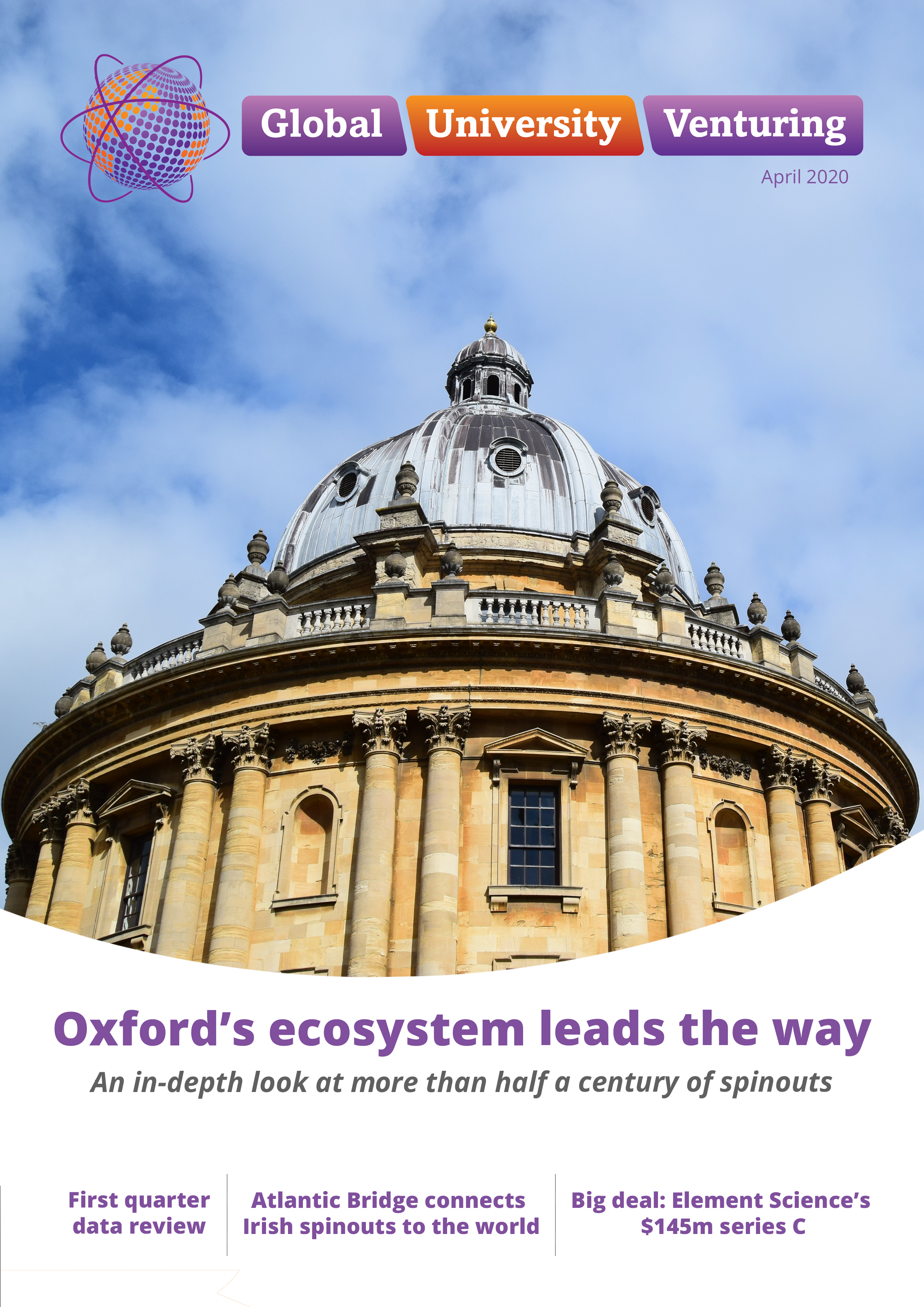The annual UC pitch session returned to the GCVI Summit, with chosen startups including BioTrillion, Cayuga Biotech, EVT, FarmSense and TomoCredit.
Now in its third year, the University of California Entrepreneur (UC) Startup Showcase has become an integral part of the Global Corporate Venturing & Innovation (GCVI) Summit, held in Monterey, California by GUV owner Mawsonia.
After Christine Gulbranson decided to step down from her position as chief innovation officer at UC last year, this year the competition was introduced by her successor, Victoria Slivkoff, global head, UC Systemwide Innovation and Entrepreneurship.
Gulbranson, true…

Thierry Heles
Thierry Heles is editor-at-large of Global University Venturing and Global Corporate Venturing, and host of the Beyond the Breakthrough podcast.









